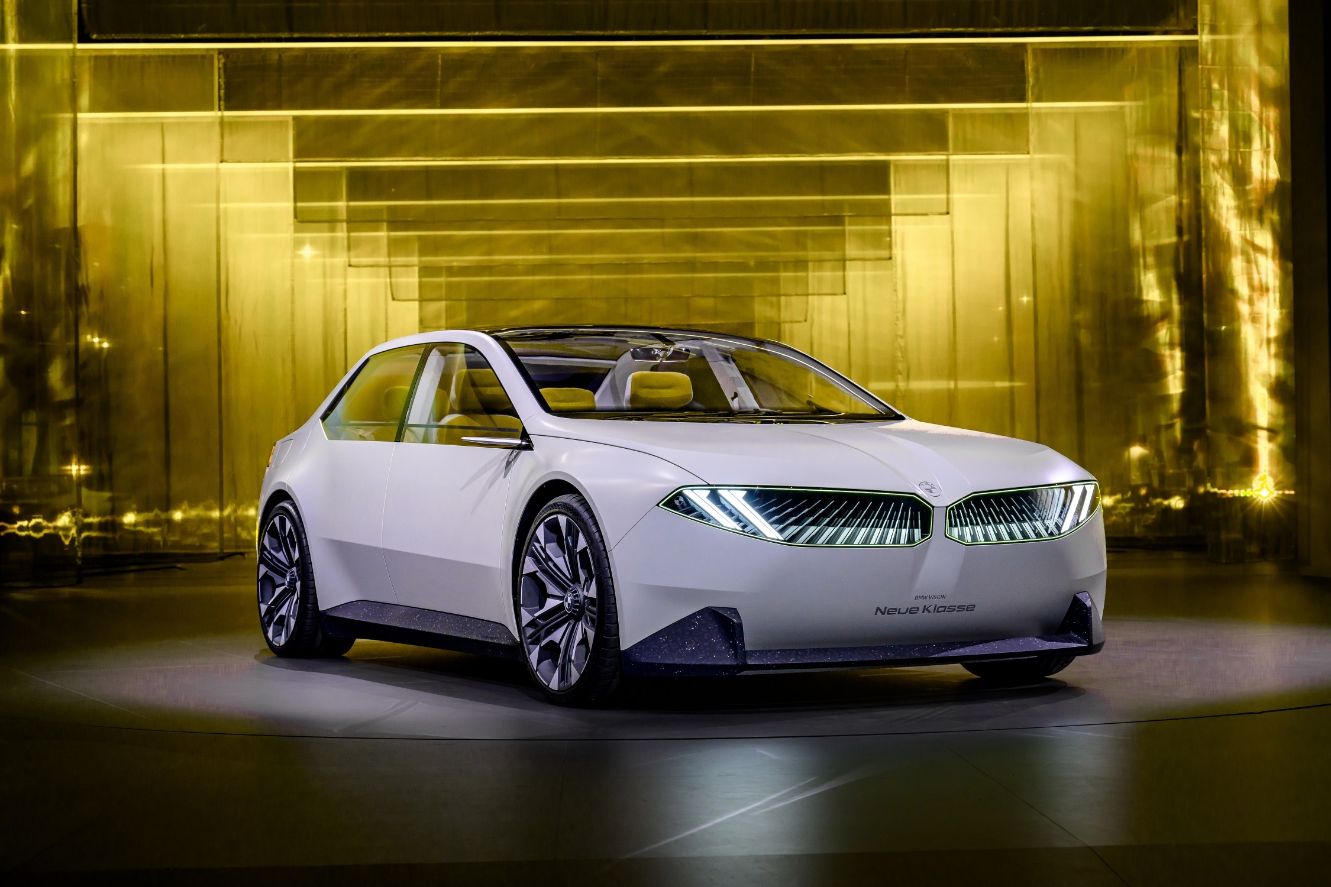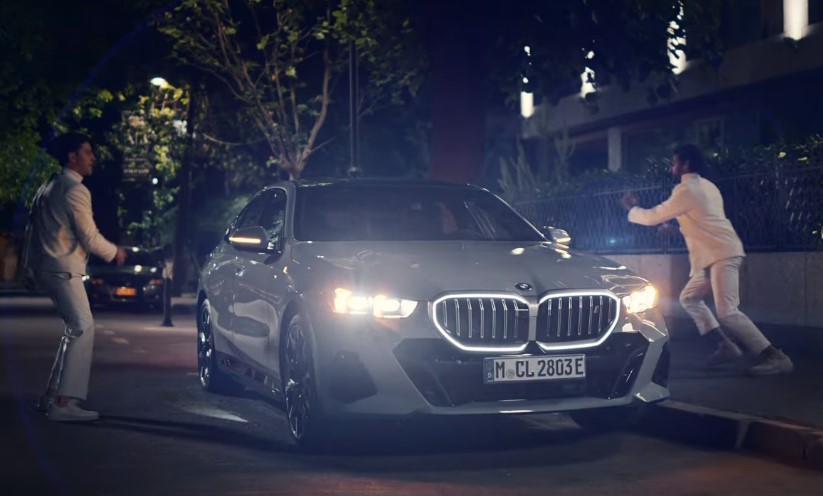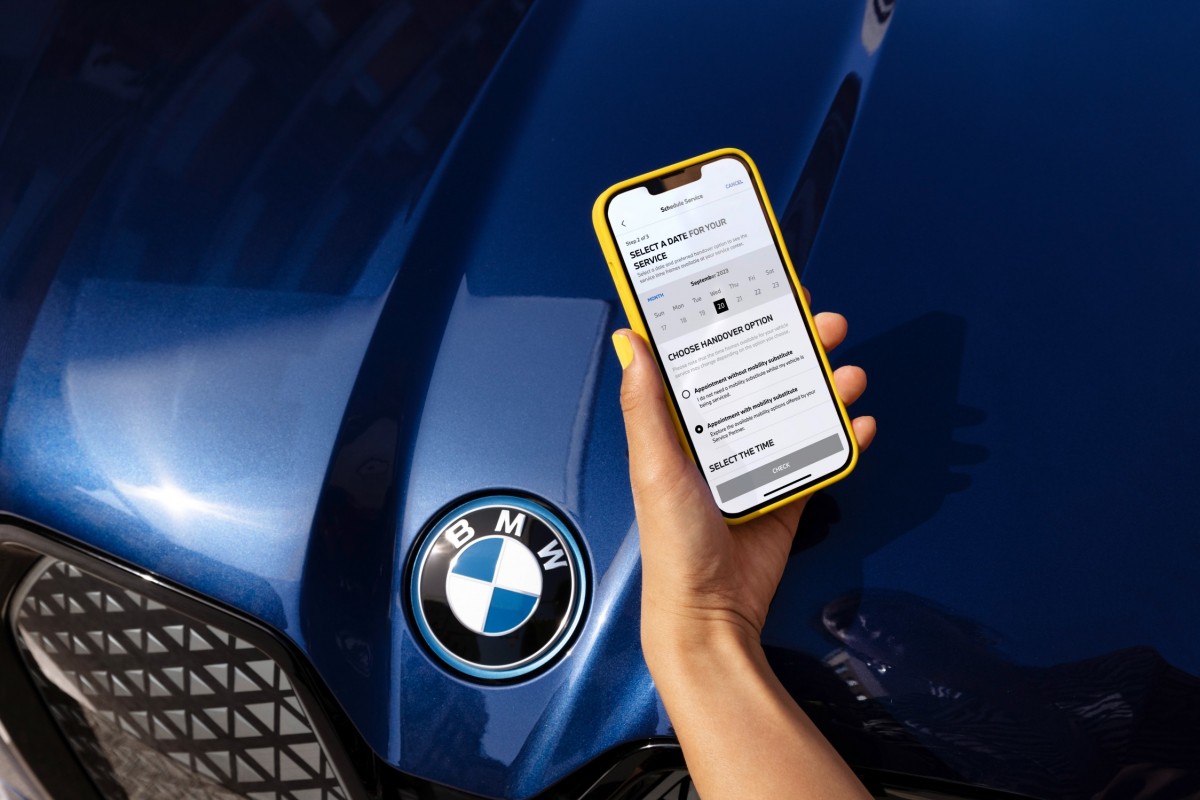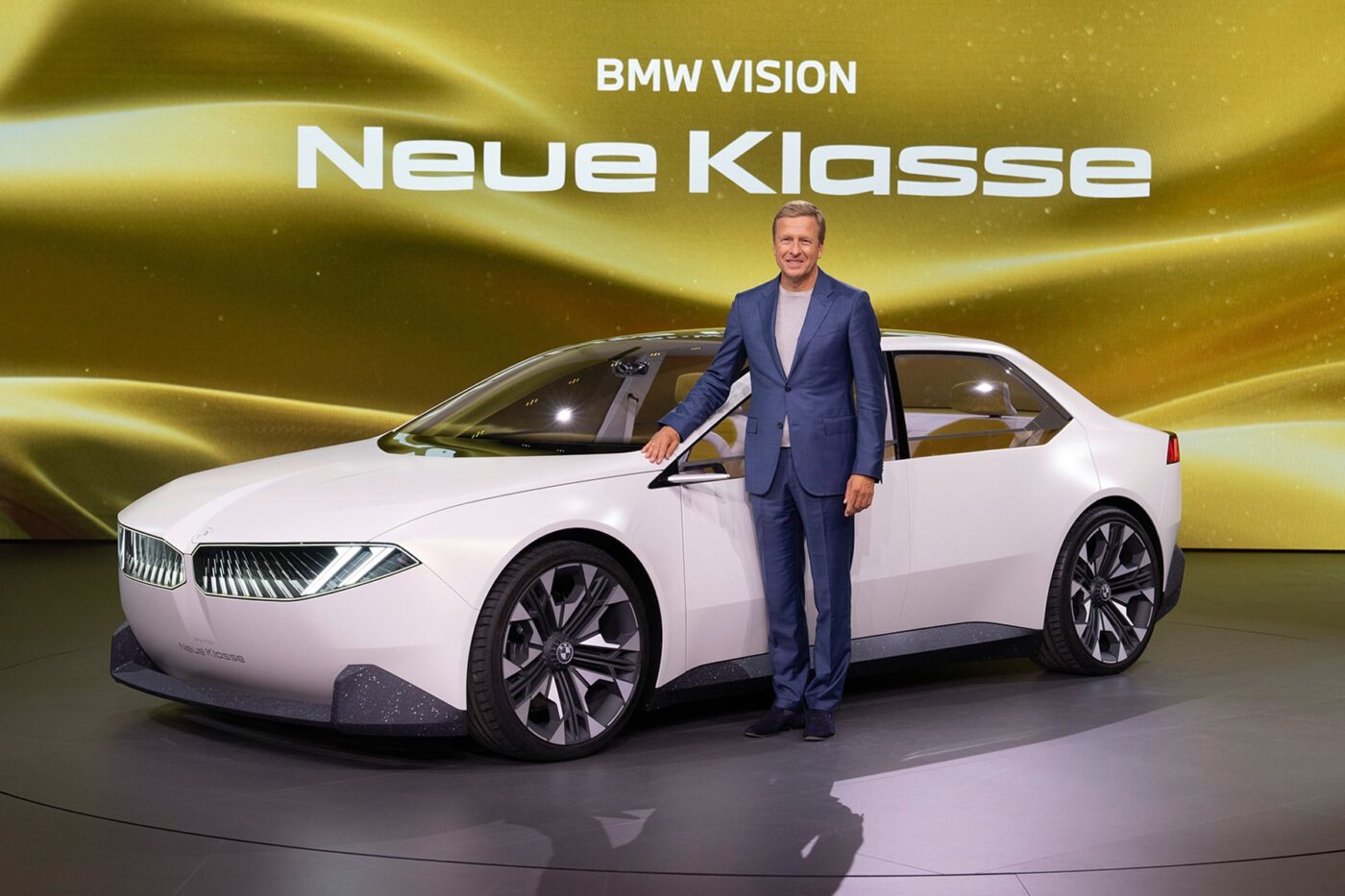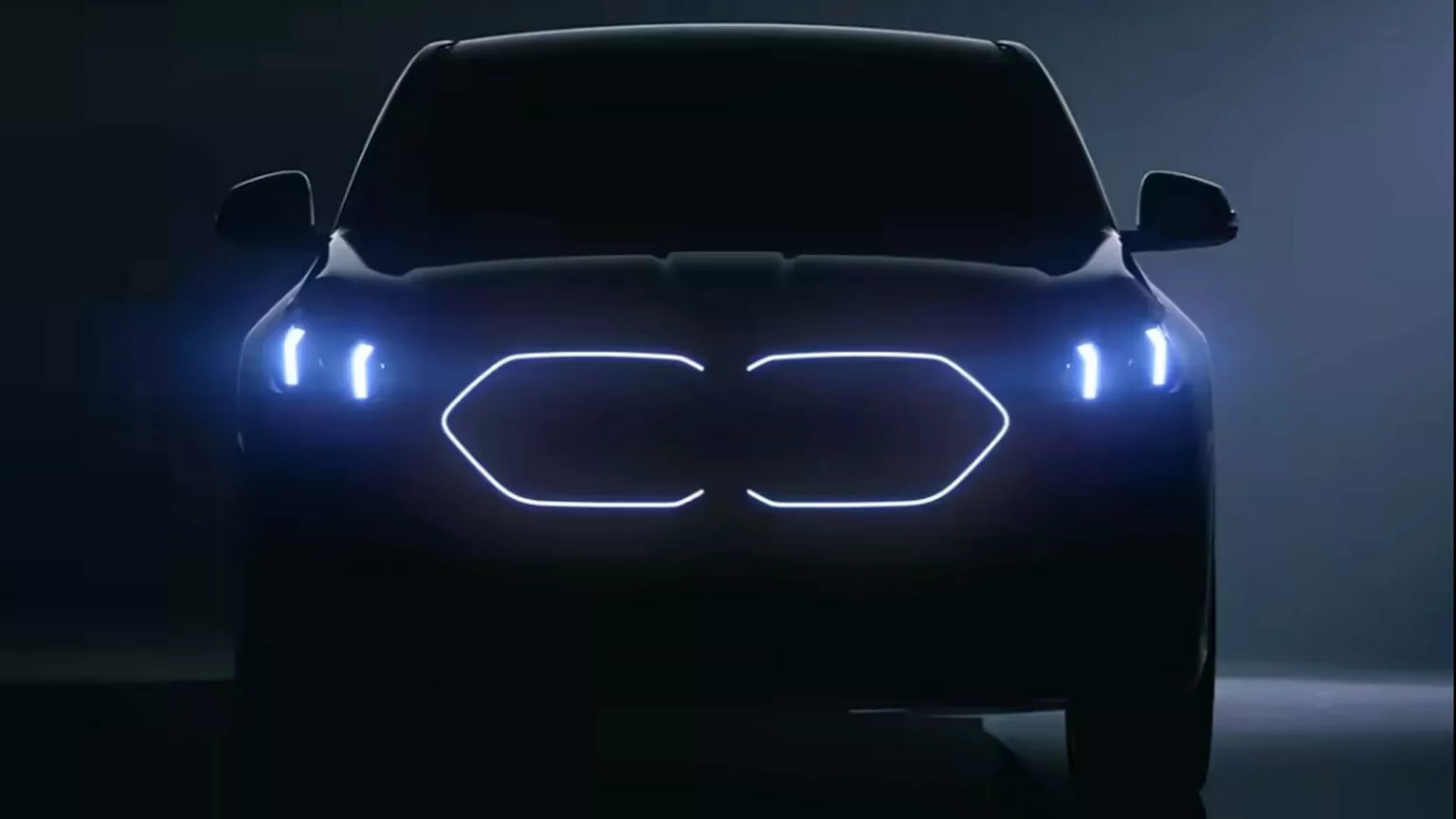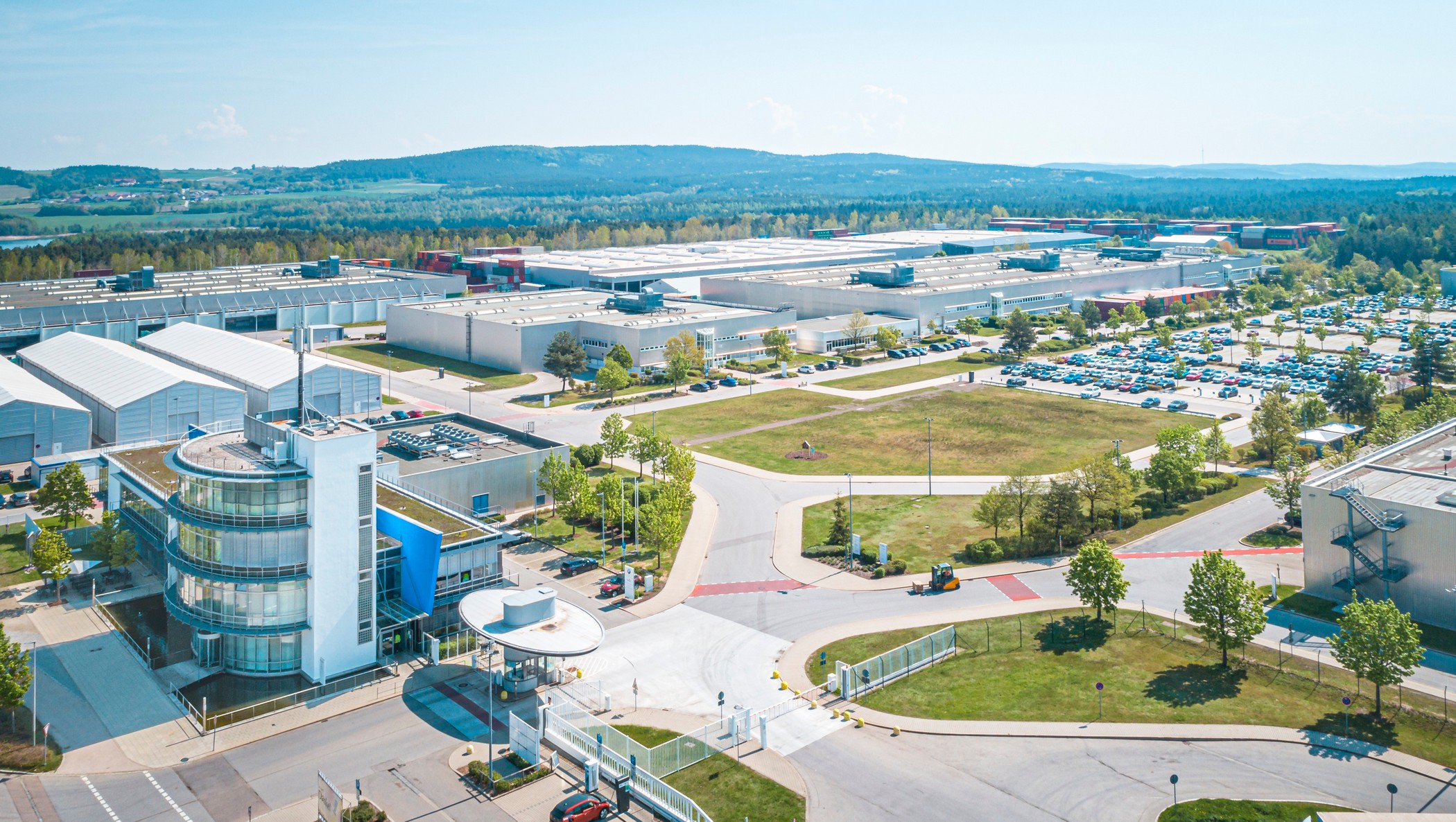BMW, the renowned German automaker, is set to undergo a substantial transformation in its model naming strategy in preparation for the anticipated rollout of its “Neue Klasse” electric vehicle series, slated for 2025. According to reports from “CAR” magazine, citing official EU trademark filings and insider sources within BMW, the forthcoming electric variants will adopt a revised nomenclature, distinguishing them from their internal combustion engine counterparts.
Under this revised system, BMW’s iconic X3 SUV model will see conventional internal combustion engine iterations bearing designations such as X320 and X330, while electric variants will incorporate the letter “i” as a prefix, resulting in names like iX330, iX340, and iX350.
See also: BMW to Develop Exclusive Neue Klasse EVs for Chinese Market
This naming approach is expected to extend to BMW’s sedans and estate cars, with the forthcoming production model of the BMW Vision Neue Klasse concept, initially previewed at the IAA, receiving designations such as i330 and i340.
Notably, the designations that previously denoted specific drivetrain configurations, such as sDrive, eDrive, and xDrive, will no longer be necessary. Historically, these designations signified rear-wheel drive with internal combustion engines, electric rear-wheel drive, or all-wheel drive, respectively. For instance, a BMW X3 xDrive20d denoted an X3 with all-wheel drive and a two-litre diesel engine, while the i4 eDrive40 represented an i4 model with a 250 kW electric rear-wheel drive.
If the information reported by “Car Magazine,” a publication known for its insights into the BMW world, holds true, future BMW model names are likely to adopt a more straightforward approach, aligning with the core model series. For example, a BMW 530d will signify a five-seater vehicle equipped with a three-litre diesel engine. This simplification may eliminate the need for the sales department to explain the nuances between sDrive and eDrive configurations to customers.
See also: BMW Partners with Nvidia to Accelerate Factory Planning for Electric Vehicle Shift
The potential renaming of BMW models raises questions about the fate of current model designations. It remains uncertain whether BMW will uniformly revise existing naming conventions across the entire model range or gradually implement changes with each subsequent model update or new generation. As of now, BMW has not officially commented on this reported development.
BMW’s move to streamline its model naming convention aligns with a broader trend in the automotive industry, where many manufacturers are reevaluating and reorganizing their nomenclatures to better integrate diverse drive technologies within established model lineups. Mercedes-Benz, for instance, is reportedly considering changes to its EQ label, while Audi recently introduced a new naming system to accommodate its electric future.
The evolving landscape of automotive nomenclature reflects the industry’s ongoing shift toward electrification and the need for clear and intuitive branding as automakers embrace sustainable technologies.

